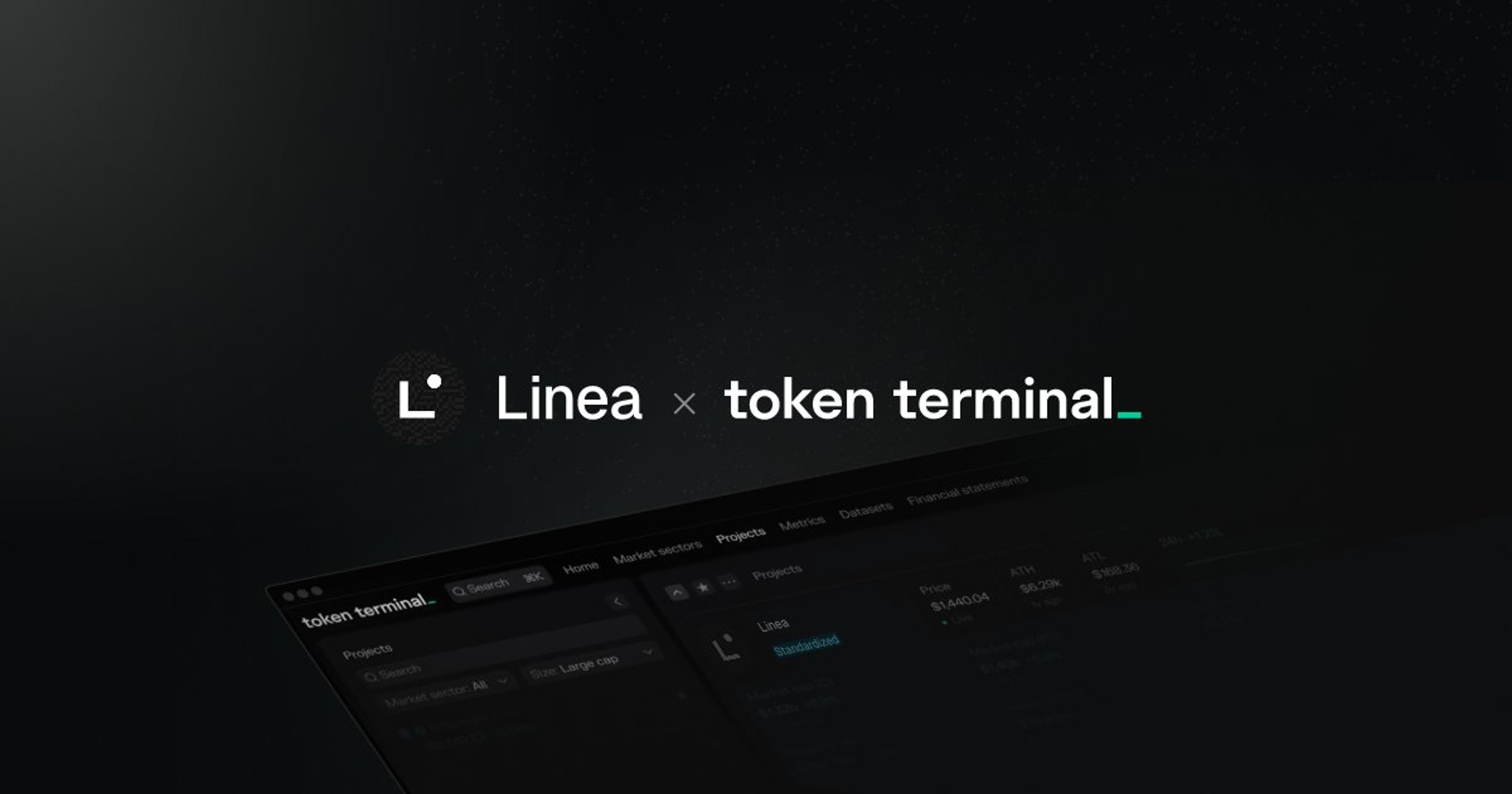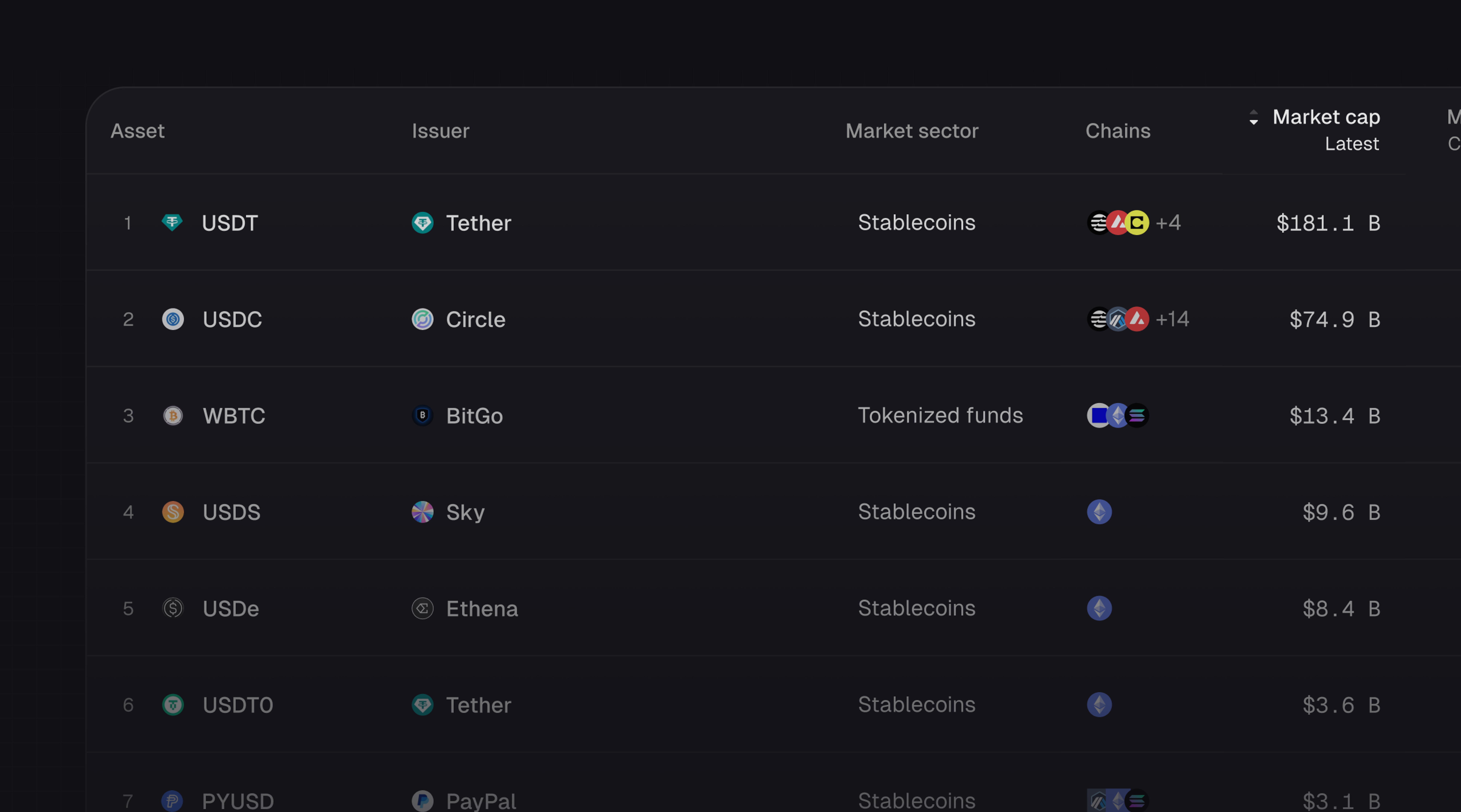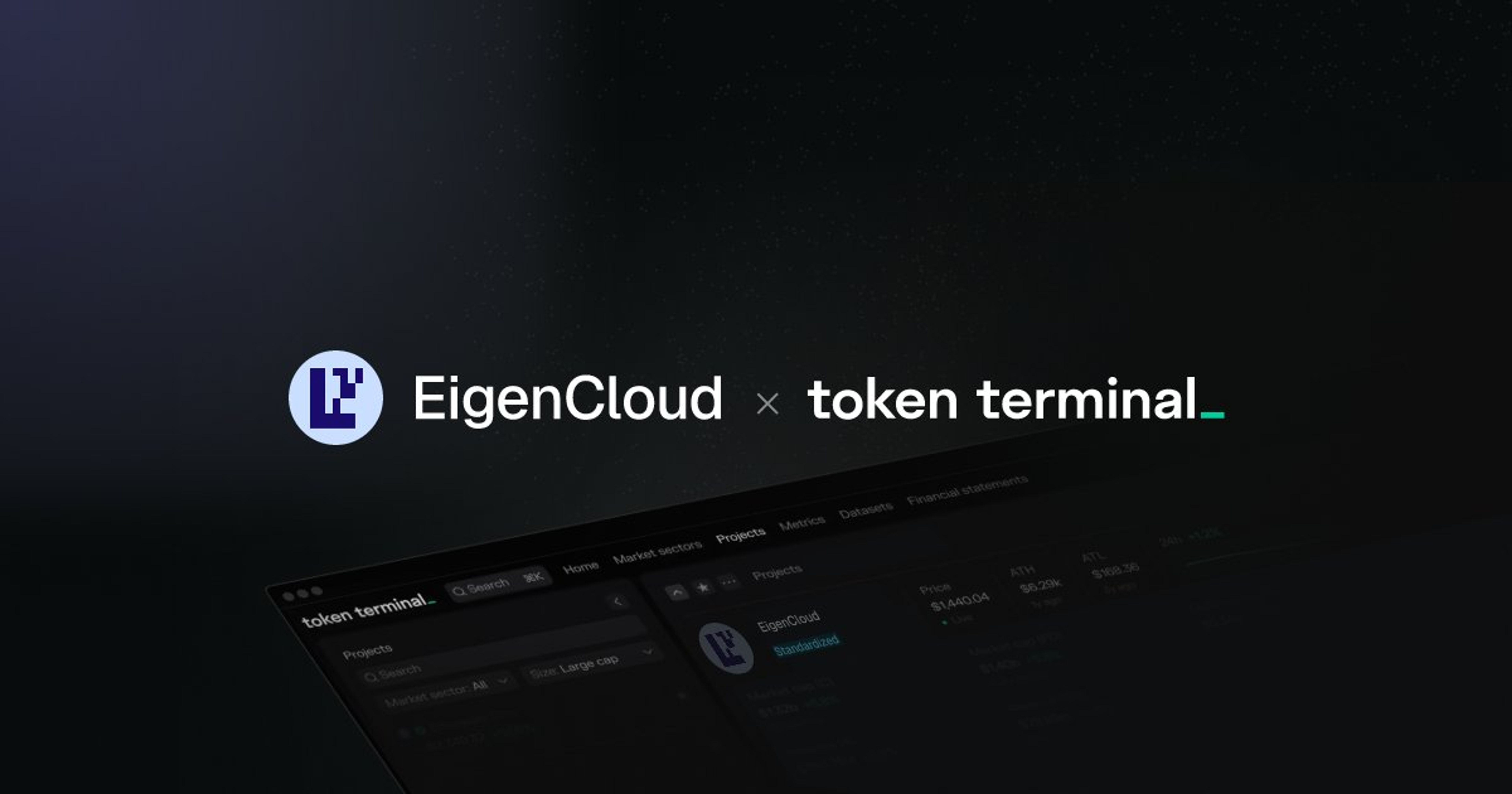Research
tBTC is a protocol that enables BTC holders to trustlessly move their BTC holdings to be used in Ethereum’s DeFi.

Create TBTC on the Ethereum testnet: http://dapp.test.tbtc.network/
TL;DR: tBTC is a protocol that enables BTC holders to trustlessly move their BTC holdings to be used in Ethereum’s DeFi. Using BTC as collateral in MakerDAO or lending out BTC in Compound is no longer a pipedream.
Why was tBTC developed?
tBTC protocol is used to create a trustless bitcoin-backed ERC-20 token (TBTC).
In prior implementations (Liquid, WBTC), only a small subset of people have been responsible for maintaining the peg between BTC and its sidechain / ERC-20 asset.
So, how does it work?
Users who wish to move their BTC to Ethereum deposit their BTC into a specified wallet on the Bitcoin blockchain.
A randomly assembled group of custodians (how tBTC avoids a single point of failure) called signers manage the BTC deposit for a fee.
Signers mint TBTC on the Ethereum chain so that 1 BTC deposited always corresponds to 1 TBTC minted.
To participate, signers need to post a 1.5x overcollateralized bond in ETH, which gets slashed if signers try to steal the original BTC deposit.
So, a 1 BTC deposit requires a 1.5 BTC (in ETH) bond.
Signers perform this work for a fee. For now, that fee is set at approximately 2% (annualized) of all TBTC minted.
TBTC has been minted on the Ethereum blockchain as an ERC-20 token.
How does the KEEP token relate to tBTC?
Structurally, tBTC has some similarities to a system like MakerDAO. KEEP tokenholders are responsible for overseeing the tBTC protocol’s functionality.
KEEP holders set, monitor and adjust the parameters (bond collateral types, security upgrades, fee levels, etc.) for the tBTC protocol, and stake their KEEP tokens behind signers for a part of the signers’ fees.
When will tBTC be launched?
The mainnet release for tBTC is scheduled for April 27th, 2020.
Token Terminal provides financial and business metrics on crypto protocols — metrics we’re used to seeing applied to traditional companies, e.g the P/E ratio. Crypto protocols operate like traditional businesses, only they do it directly on the Internet.
For more, check out Token Terminal’s website and Twitter.
The authors of this content, or members, affiliates, or stakeholders of Token Terminal may be participating or are invested in protocols or tokens mentioned herein. The foregoing statement acts as a disclosure of potential conflicts of interest and is not a recommendation to purchase or invest in any token or participate in any protocol. Token Terminal does not recommend any particular course of action in relation to any token or protocol. The content herein is meant purely for educational and informational purposes only, and should not be relied upon as financial, investment, legal, tax or any other professional or other advice. None of the content and information herein is presented to induce or to attempt to induce any reader or other person to buy, sell or hold any token or participate in any protocol or enter into, or offer to enter into, any agreement for or with a view to buying or selling any token or participating in any protocol. Statements made herein (including statements of opinion, if any) are wholly generic and not tailored to take into account the personal needs and unique circumstances of any reader or any other person. Readers are strongly urged to exercise caution and have regard to their own personal needs and circumstances before making any decision to buy or sell any token or participate in any protocol. Observations and views expressed herein may be changed by Token Terminal at any time without notice. Token Terminal accepts no liability whatsoever for any losses or liabilities arising from the use of or reliance on any of this content.
Stay in the loop
Join our mailing list to get the latest insights!
Continue reading

Customer stories: Token Terminal’s Data Partnership with Linea
Through its partnership with Token Terminal, Linea turns transparency into a competitive advantage and continues to build trust with its growing community.

Introducing Tokenized Assets
Token Terminal is expanding its standardized onchain analytics to cover the rapidly growing category of tokenized real-world assets (RWAs) – starting with stablecoins, tokenized funds, and tokenized stocks.

Customer stories: Token Terminal’s Data Partnership with EigenCloud
Through its partnership with Token Terminal, EigenCloud turns transparency into a competitive advantage and continues to build trust with its growing community.